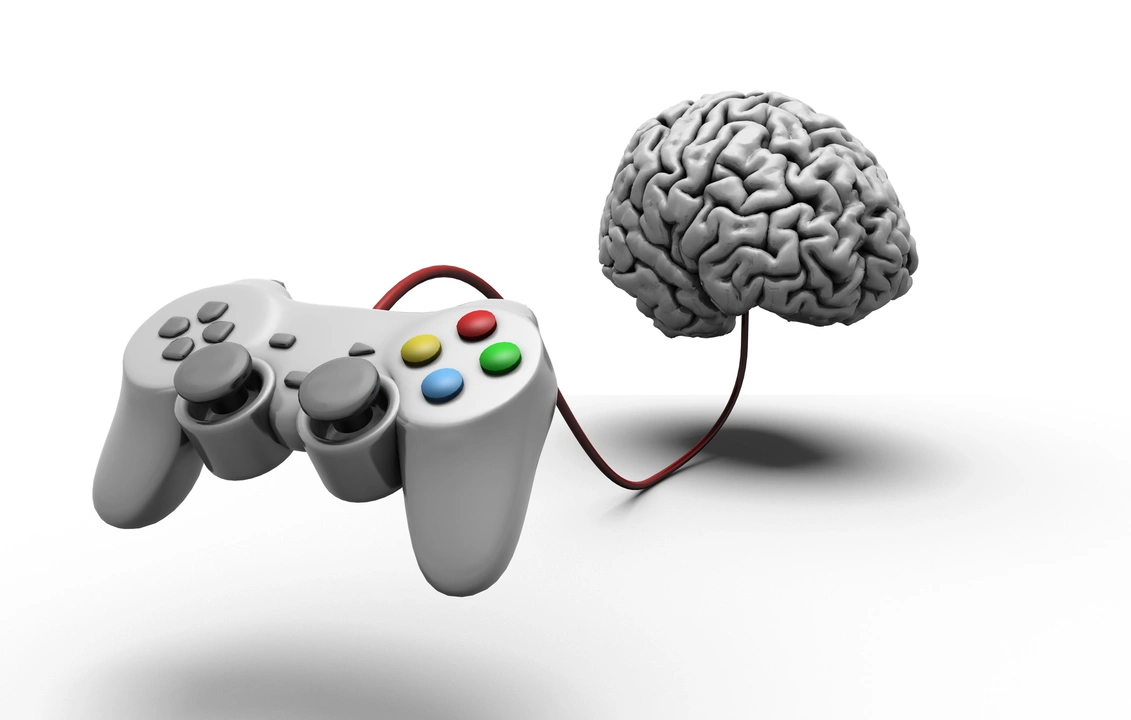Cognitive Development Made Easy: How Games and Sports Train Your Brain
Ever wonder why you feel a rush after beating a tough level or nailing a new trick on the field? That buzz isn’t just excitement – it’s your brain firing up. Video games, sports, and even math puzzles give your neurons a workout, just like lifting weights strengthens muscles.
How Gaming Sharpens the Mind
First off, games force you to make quick decisions. Whether you’re dodging opponents in a racing title or solving a puzzle in a strategy game, you’re constantly evaluating options and predicting outcomes. That process builds faster reaction time and better pattern recognition.
Second, many games demand memory recall. Think about a platformer where you need to remember hidden routes, or a sports title where you track player stats. Repeating these tasks trains short‑term and long‑term memory, making it easier to retain information in school or work.
Third, problem‑solving is at the heart of most games. You’re given a goal, a set of tools, and obstacles that change every time you play. Learning to experiment, fail, and retry teaches resilience and logical thinking – skills that translate straight to math class or coding projects.
Sports, Play, and Brain Growth
Physical play isn’t just about staying fit; it’s a mental booster too. Running drills, coordinating hand‑eye movements in basketball, or timing a swing in baseball requires precise motor control and concentration. That coordination links the brain’s motor and visual centers, improving overall focus.
Team sports add a social layer. Communicating strategies, reading teammates’ cues, and adjusting on the fly sharpen social cognition – the ability to understand others’ thoughts and emotions. Those same skills help you work better in group projects or online gaming squads.
Even solo activities like shooting hoops or practicing a trick can enhance self‑discipline. Setting small goals (like improving your free‑throw percentage) and tracking progress mirrors the feedback loops found in video games, reinforcing motivation and goal‑oriented thinking.
So, how can you turn everyday play into a cognitive upgrade? Start by choosing games that mix action with strategy – titles like "Asphalt 9: Legends" for speed and planning, or classic puzzle games that demand foresight. Pair gaming sessions with short breaks to let the brain consolidate what it learned.
On the sports side, aim for variety. Switch between a fast‑paced game like soccer and a precision sport like archery or a newer e‑sport that blends physical movement with digital gameplay. The more diverse the challenges, the broader the brain benefits.
Finally, involve kids early. Cool math games, for example, turn abstract numbers into interactive quests, boosting both math skills and cognitive flexibility. Parents can set up weekly “game night” where family members rotate between video, board, and outdoor games, creating a habit of balanced brain training.
Bottom line: Play isn’t a waste of time. It’s a low‑cost, high‑reward brain gym. Whether you’re a teen grinding through a new RPG, a parent guiding a kid through a math puzzle, or a grown‑up hitting the gym for a quick pickup game, each session nudges your cognitive development forward. So grab that controller, lace up those shoes, and watch your mind level up.
What is one way that video games are actually good for kids?
-
Written by Zayden Maverick
4/ 05
As a parent, I've often been concerned about the impact of video games on my kids. However, I've recently discovered that gaming can actually be beneficial for children in several ways. For instance, it has been shown that video games can help improve problem-solving and strategic thinking skills. Moreover, many games require teamwork and cooperation, which foster social skills and empathy. So, while it's important to monitor and limit screen time, we shouldn't dismiss video games as purely harmful for our kids.
